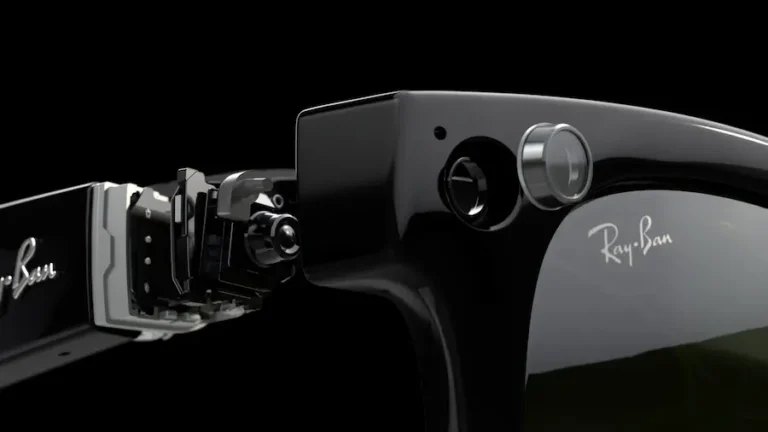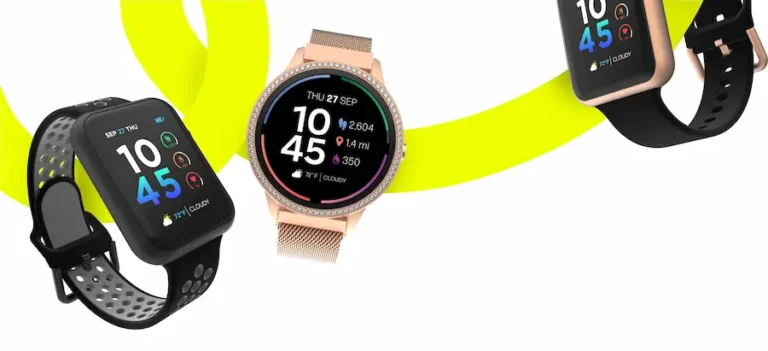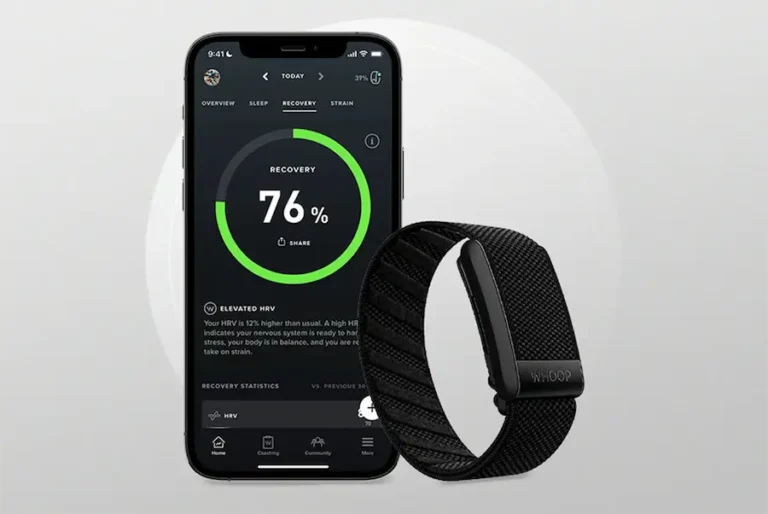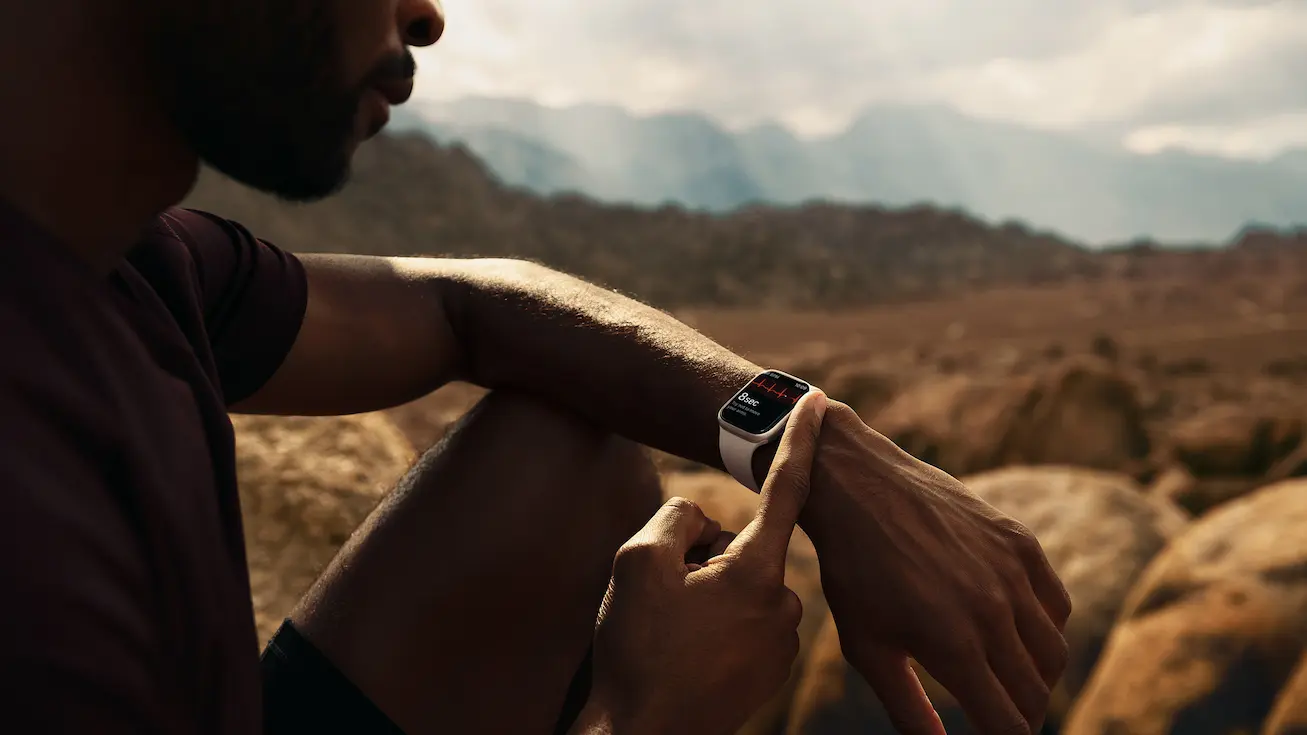
Wearable technology has come a long way from just counting steps. Today’s wearables, like the Apple Watch Series 9, are equipped with advanced sensors that monitor a range of health metrics including heart rate, blood pressure, and even blood oxygen levels. This data is then analyzed in real time to provide users with meaningful insights into their health.
Personalized Health Insights
One of the standout features of modern wearables is their ability to offer personalized health recommendations. Devices like the Fitbit Charge 5 use AI and sophisticated algorithms to analyze individual health data and suggest specific actions—like adjusting diet, exercise routines, or sleep patterns. This level of personalization turns wearables into virtual health coaches that can guide users toward healthier lifestyles.
Predictive Health Monitoring
Wearables now have the capability to predict potential health issues before they become serious. The Withings ScanWatch, for instance, can detect irregular heart rhythms and other anomalies that may indicate underlying health problems. By alerting users to these issues early, wearables can encourage proactive healthcare and potentially prevent more severe conditions.
Role in Chronic Disease Management
For individuals with chronic conditions like diabetes or hypertension, wearables like the Omron HeartGuide are becoming indispensable tools. They provide continuous monitoring, helping users keep track of their symptoms and manage their conditions more effectively. This real-time data can also be shared with healthcare providers for better-informed treatment plans.
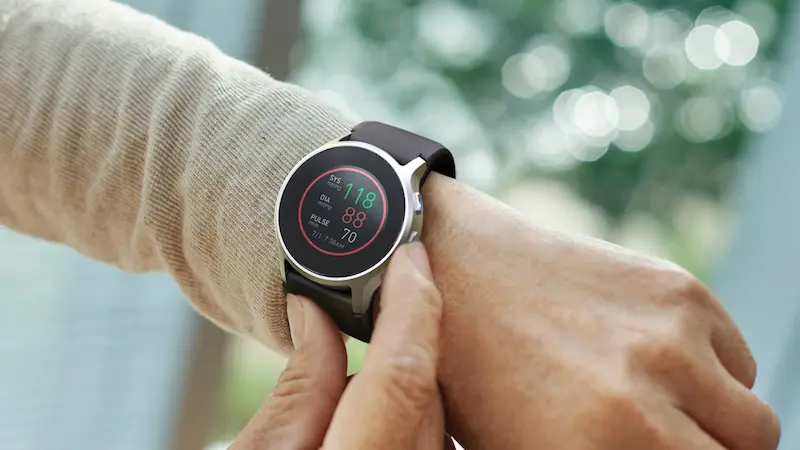
Mental Health Support
Wearables are also stepping into the realm of mental health. The Muse 2 headband, for example, offers features like stress tracking, mood monitoring, and guided breathing exercises to help users manage their mental well-being. Some devices even provide mindfulness and meditation programs to support mental health.
Overall Wellness
Beyond just monitoring health metrics, wearables like the Garmin Vivosmart 5 promote overall wellness by encouraging users to stay active, eat healthily, and maintain good sleep hygiene. With features like activity reminders, hydration alerts, and sleep tracking, they provide holistic support for a healthier lifestyle.
In conclusion, wearables in 2025 are more than just gadgets; they are comprehensive health companions that play a vital role in our daily lives, offering personalized guidance and support to keep us healthier and happier.

